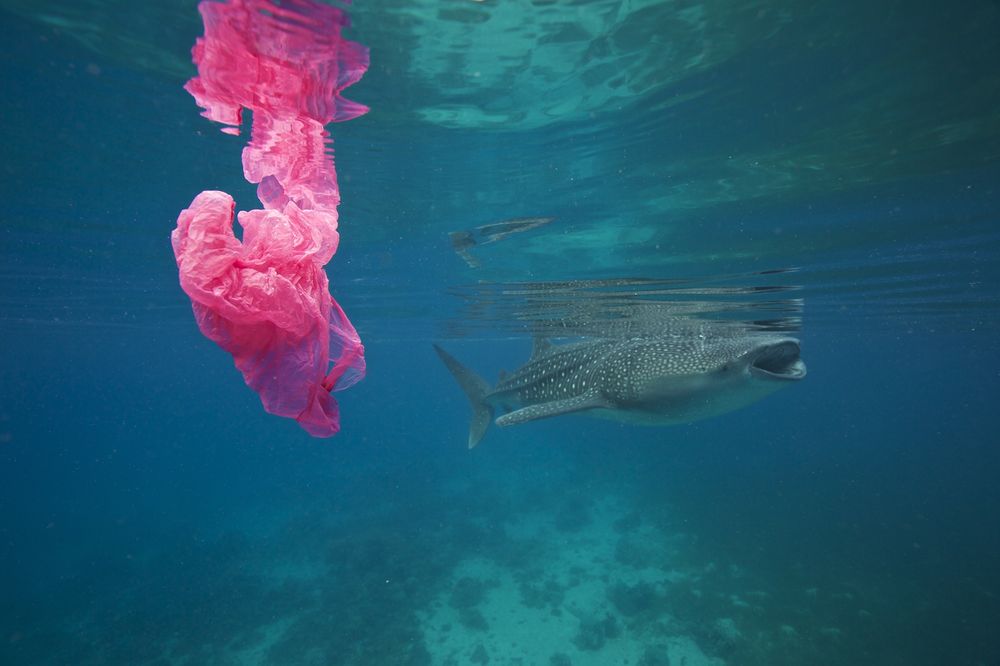
The war against plastics is surging with city governments banning them altogether and hotels switching to paper straws and glass bottles. Just today, the Association of British Travel Agents (ABTA) launched a new guidance to support travel companies to take a long-term strategic approach in tackling their use of plastics, as part of a wider approach to waste management.
The guidance, titled ‘Managing plastics: guidance for travel companies’, is available from today and has been developed to support those in the travel industry develop, plan and monitor their approach to plastic and waste.
The guidelines will support businesses to develop a long-term strategy and avoid any unintended consequences of a new approach, by looking at possible actions and broader considerations, such as health and safety. It borrows from the “Reduce, Reuse, Recycle” framework and says that any strategy needs to look at ways to reduce plastic in the first place, move from single-use items to reusable items, encourage recycling or seek credible alternatives.
The long run
It also provides a five-step process that travel companies can adopt, which is based on the approach outlined by ABTA’s sustainability programme, ‘Better Places’, and highlights examples of what businesses within the industry have done to tackle the use of plastics.
With the provisional agreement of a European Single-use Plastic Directive, which plans to ban single-use items, set stricter rules on bottle recycling by 2025 and put reduction targets in place for drinks cups and food containers, the guidance also looks at how travel companies can respond to existing and future legislation.
“Want to develop a long-term strategy in tackling the use of plastics”
Nikki White, ABTA director of Destinations & Sustainability, said: “While businesses are clearly putting plans in place, we also know that travel companies want to develop a long-term strategy in tackling the use of plastics, and are keen to make sure they aren’t introducing an approach which could have unintended consequences.
“Consideration needs to be given to all the impacts a product has – from manufacturing, transport, use and, finally, waste disposal. Reducing plastic waste can be a challenge, so it’s important to engage the support of those you work with to help you along the way.
“ABTA’s new guidance will support travel businesses to develop a plastic waste strategy that takes these factors into account to ensure that all implications are considered. There are also other resources available to help businesses address plastic, including Travelife for accommodation, an international sustainability certification scheme, where its Members lead the way on waste reduction initiatives.”
The guidance will be free to ABTA Members via the Member Zone. Non-Members can purchase the guidance for GBP 100 via the ABTA shop. ABTA also has its ‘Delivering Sustainable Travel’ seminar coming up on 18 June 2019 that will address the key supply chain risks and offer practical advice.



 share
share








































